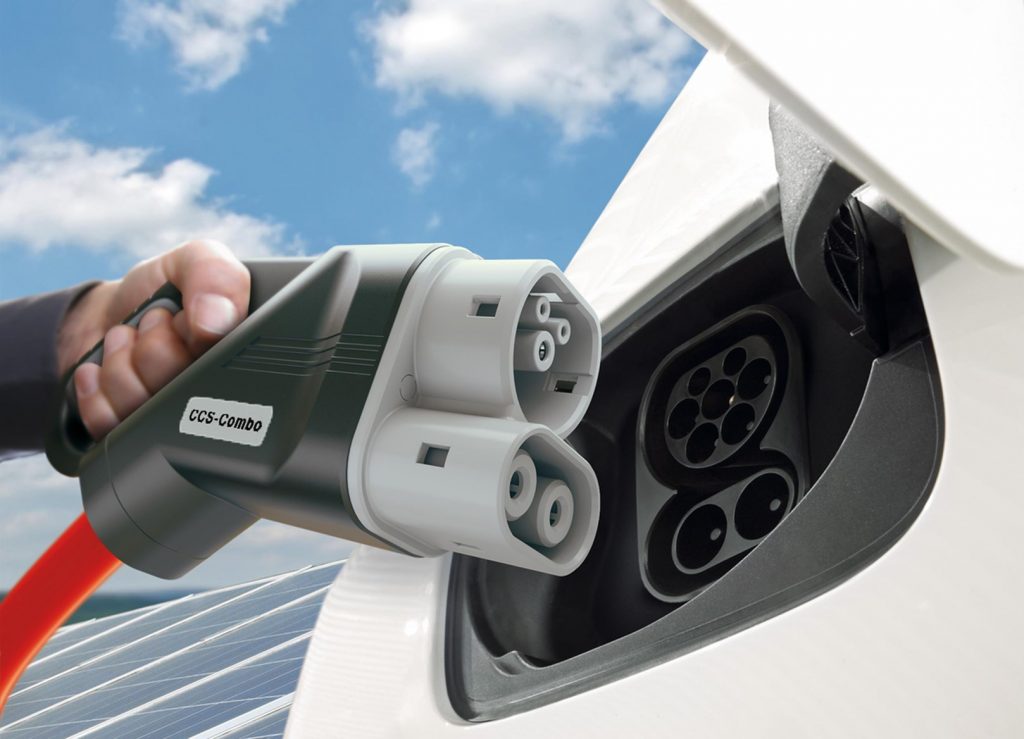
The subject of electrification is a hot topic in the forklift truck industry. Much like the automotive conversion to electric cars and Boris’s green commitment. With the 2035 ban on petrol and diesel engines, the next 15 years are sure to see a dramatic shift in the way businesses run their material handling operations. While it seems like a long time away at the moment, making the switch over to electric requires planning and commitment, so it’s best to be well prepared.
Here at Barek, we’re already ahead of the curve when it comes to electrification and it’s something we are proud to shout about. We’re a big advocate of all things electric and we have already converted a significant number of happy customers from diesel and gas over to electric.
For those businesses who have not yet made the switch, we hope that this article will help to answer some of the questions you might be pondering. If you still have questions, just give us a call to see how we can help you to make the transition as smooth as possible.
Electrification is the process of changing from a traditional power source (diesel and LPG forklifts) to a source powered by electricity. Therefore, if you currently operate a fleet of forklifts to run your warehouse or factory, then your business will be required to change the way it operates.
By 2035, petrol and diesel engines will no longer be available to purchase. So, it’s now time to assess your options and identify the alternatives available for you. In the not-so-far-away future, warehouses will look and operate very differently to how they do now and have previously. They will be equipped with the latest battery-powered equipment and be fully adapted to accommodate battery charging stations and alternative shift patterns.
For businesses in the manual handling industry, making the switch to electric forklifts will offer a host of benefits and opportunities – aside from reducing harmful CO2 emissions and lowering your carbon footprint.
Despite the initial investment costs that come with making the switch, the long-term benefits and cost savings will far outweigh them. Fuel costs will be significantly reduced with an electric fleet and in turn will lower the cost of ownership.
In addition to the cost savings on fuel, electric forklifts are much easier to maintain. This makes servicing them speedy and straightforward. Downtime will be minimised, and efficiency will be maximised. Electric forklifts have fewer serviceable parts than diesel trucks, and the associated issues tend to be minor and easily remedied.
There are currently three different types of battery technology available on the market. These are Lead-acid, Nickel Cadmium (NiCd) and Lithium-ion (Li). Each option has its own benefits and advantages, depending on the type of business you operate.
Lead-acid batteries are the most economical option at present and are also a recyclable power source. It is believed that these will continue to be the most popular batteries of choice for counterbalance and reach trucks for the future years.
Industrial NiCd batteries are considerably larger than other battery types and are thus considered reliable when it comes to fuelling heavy lifting machinery. NiCd batteries are able to perform under tough conditions without becoming damaged or losing capacity, making them a durable, reliable solution. That said, they cost quite a bit more than lead-acid and have a considerably lower energy capacity than lithium-ion batteries. They are also reasonably toxic and demand greater care when it comes to usage and recycling, so this is worth considering too.
Lithium-ion batteries are currently the most expensive out of all three options. Despite the cost, they’re completely maintenance-free and do not emit any gas when charging. Another benefit is that they can be ‘opportunity charged’, making them the perfect solution for businesses operating 24/7 who can’t afford extended downtime.
When it comes to recycling it’s useful to note the following: Lithium-ion batteries don’t degrade at all, whereas NiCd batteries offer between 0-2% degradation, and lead-acid batteries can degrade by as much as 32% during the course of their lifetime.
We hope that this article has given you some insight and food for thought when it comes to making the switch over to electric. In the coming weeks, we will be publishing further detailed guides on electrification and are also more than happy to answer any questions over the phone on 01482 218151.